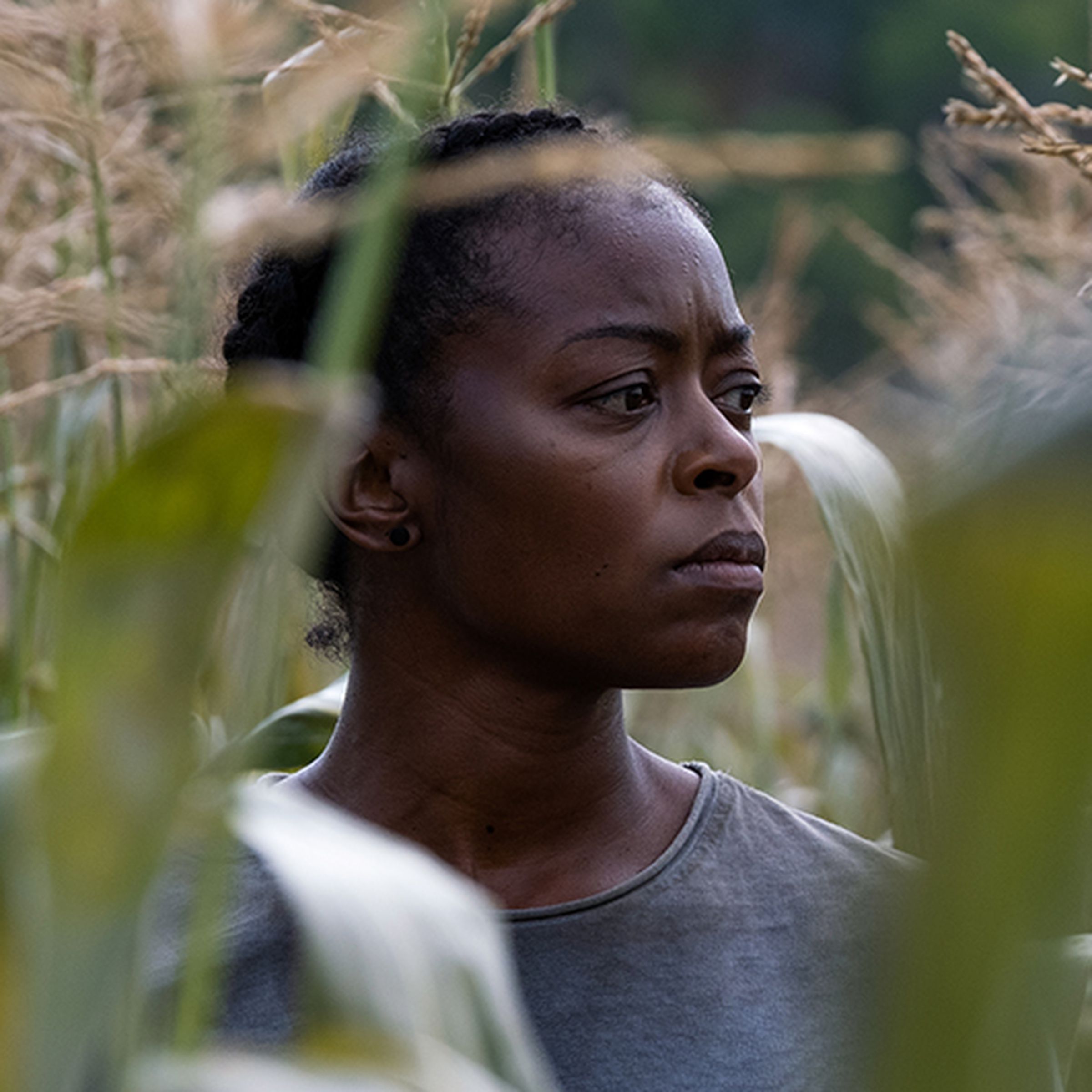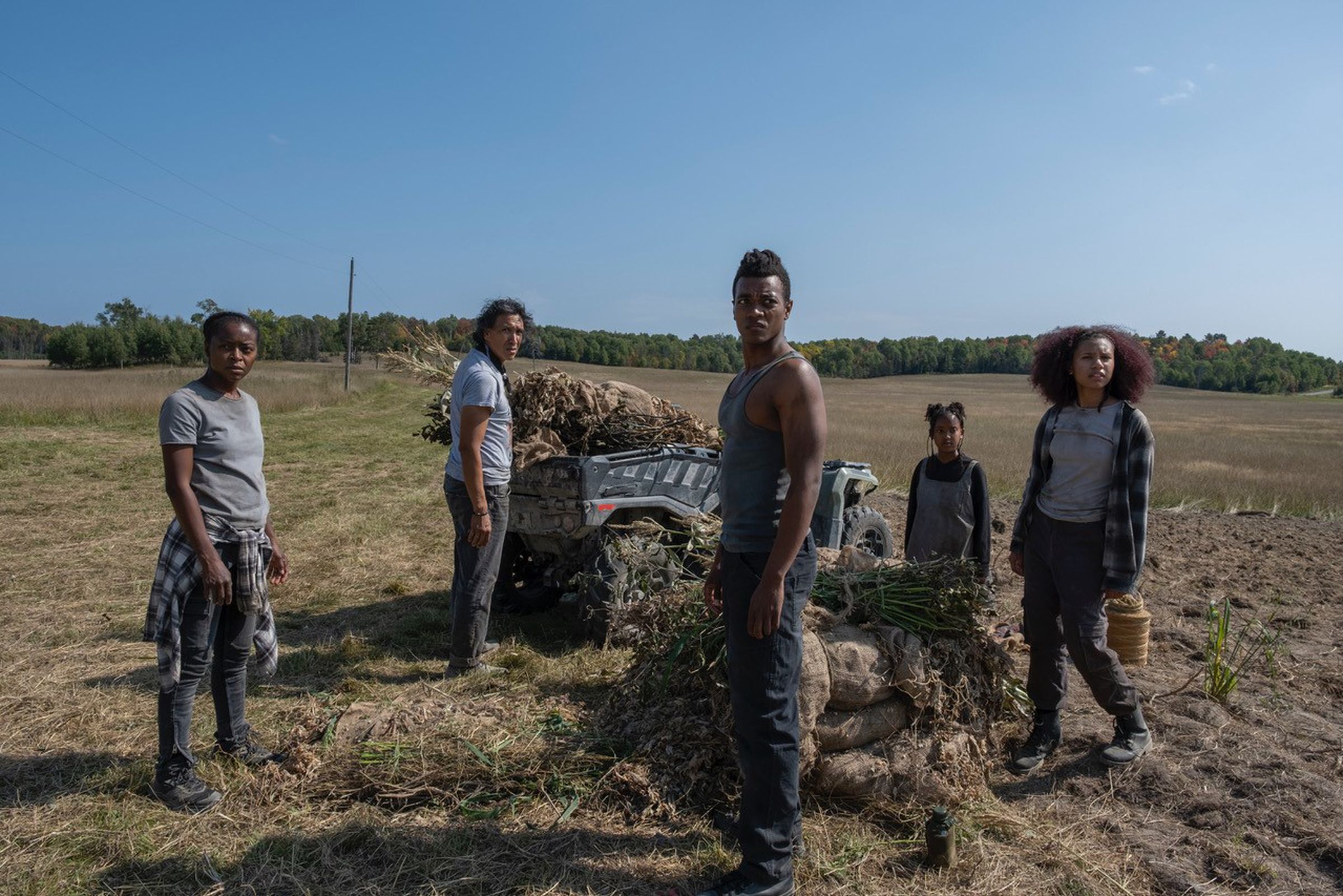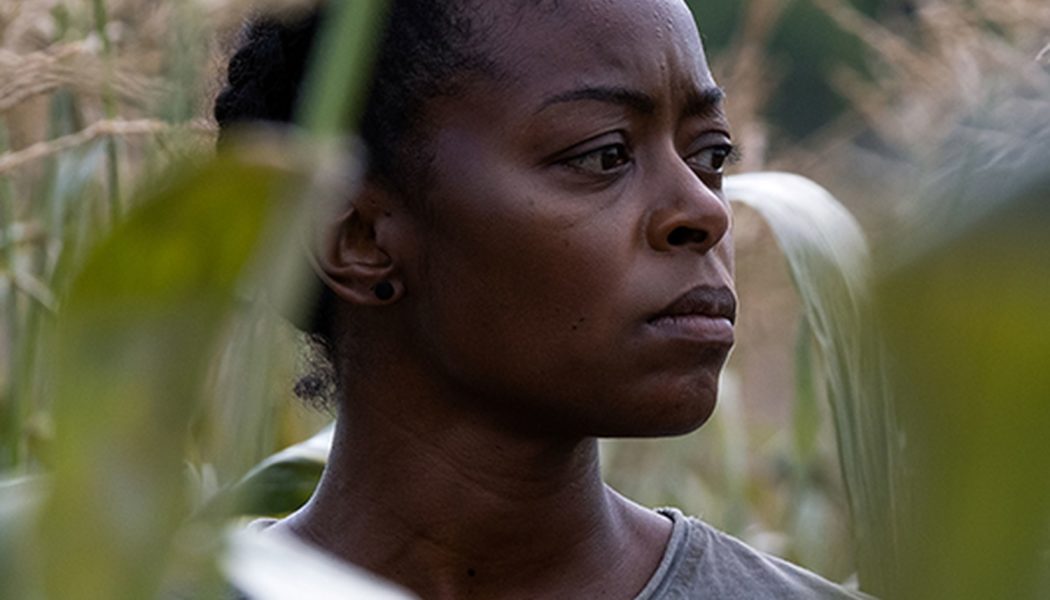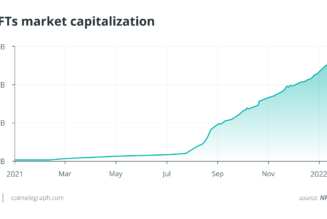R.T. Thorne’s postapocalyptic thriller frames farming and community as the keys to humanity’s survival after society collapses.
Share this story

In a media landscape that is thoroughly saturated with postapocalyptic movies centering white families whose stories of survival are assumed to be relatable, cowriter / director R.T. Thorne’s debut feature 40 Acres stands out as an inspired new entry in the genre’s canon. Rather than trying to reinvent the wheel, the film plays things straight with its brutal exploration of what it takes for hope to take root in a world that seems doomed.
Set in a near future where the world has been ravaged by a global pandemic, widespread famine, and the outbreak of a new civil war in the United States, 40 Acres tells the tale of Hailey Freeman (Danielle Deadwyler) a soldier-turned-farmer fighting to keep her family safe. With society largely collapsed and the food production system destroyed by the depletion of arable land, fertile farms like Hailey’s where crops still grow are a precious gift that people would gladly kill for.
To Hailey, the farm’s more than just a remote plot of land up in the Canadian wilderness — it’s a family heirloom passed down through generations from her ancestors who first claimed it during the Reconstruction. It’s also the home she shares with her partner Galen (Michael Greyeyes), and their blended family of children (Leenah Robinson, Jaeda LeBlanc, Haile Amare). But as relatively safe as the Freemans are living off the grid and surrounded by their electrified fence, Hailey and Galen know it could all be taken from them in an instant. That’s why they keep their children trained for combat and ready to defend their land by any means necessary.


Hailey’s sternness and insistence that they can’t trust anyone are reflections of a deeper inability to connect or be emotionally vulnerable with people — especially in the eyes of her teenage son Emanuel (Kataem O’Connor). Every time he sneaks away to be by himself in the woods, there’s part of him that can’t help but hope he’ll see someone new who can make his small world feel bigger. It seems like his wish is coming true when he unexpectedly spots Dawn (Milcania Diaz-Rojas), a girl whose beauty inspires him to start filling up a sketchbook with drawings. But when the Freemans receive word that the small, secretive network of farmers they’re a part of is being methodically attacked by bands of marauding cannibals, Hailey puts them on high alert to prepare for the inevitable.
40 Acres comes in incredibly hot with a slick and brutal opening action sequence that immediately sets the tone Thorne — known best for his work in music videos and creating Hulu’s Utopia Falls — is going for with his first foray into feature-length filmmaking. The Freemans move like a well-oiled machine as they dispatch a group of intruders with precise headshots from clear across corn fields and close-up knife stabs to make sure the job is finished. They’re lethal by necessity because anything less would mean running the risk of being tortured, murdered, and probably eaten. But Thorne and cowriter Glenn Taylor also foreground how, for all of Hailey’s strictness with her children, she’s also instilled in them a deep understanding of how protecting their lives is key to preserving the Black and Indigenous cultural legacies they are a part of.
In stark contrast to other apocalyptic thrillers like the first two A Quiet Place(s) and the recent Mad Max features, where people of color were few and far between, 40 Acres gets very explicit about how the Freemans’ racial identities shape their experiences in the end times. Often, these kinds of movies lean heavily into images of white nuclear families in a way that makes them read like expressions of social anxiety about dehumanized Others™. But 40 Acres frames the Freemans as people keeping in their families’ tradition of survival in a world that has never really afforded them any sense of guaranteed safety.
Though the film’s very much an ensemble piece, Deadwyler is the standout with a magnetic and frankly terrifying performance that conveys just how scared Hailey is for her children. She would rather her kids hate her than see them devoured by ghouls, but you can feel that it still hurts her when sensitive romantic Emanuel pulls away. Because Deadwyler is so effective at delivering Hailey’s grim warnings about the danger lurking everywhere, it’s a little exasperating to watch as people make exceedingly dumb decisions that set 40 Acres’ plot into motion. But as predictable as some of the movie’s beats are, Thorne and cinematographer Jeremy Benning excel at making 40 Acres’ action set pieces shine in ways that keep things as exciting as they are stressful to watch unfold.
Though its final act falters a bit as it tries to amp up the already high emotional stakes, 40 Acres finishes strong with a powerful reaffirmation of its central ideas. And as overstuffed with middling stories as this subgenre has become, 40 Acres feels like something truly special.
40 Acres does not yet have a distributor or theatrical release date.









